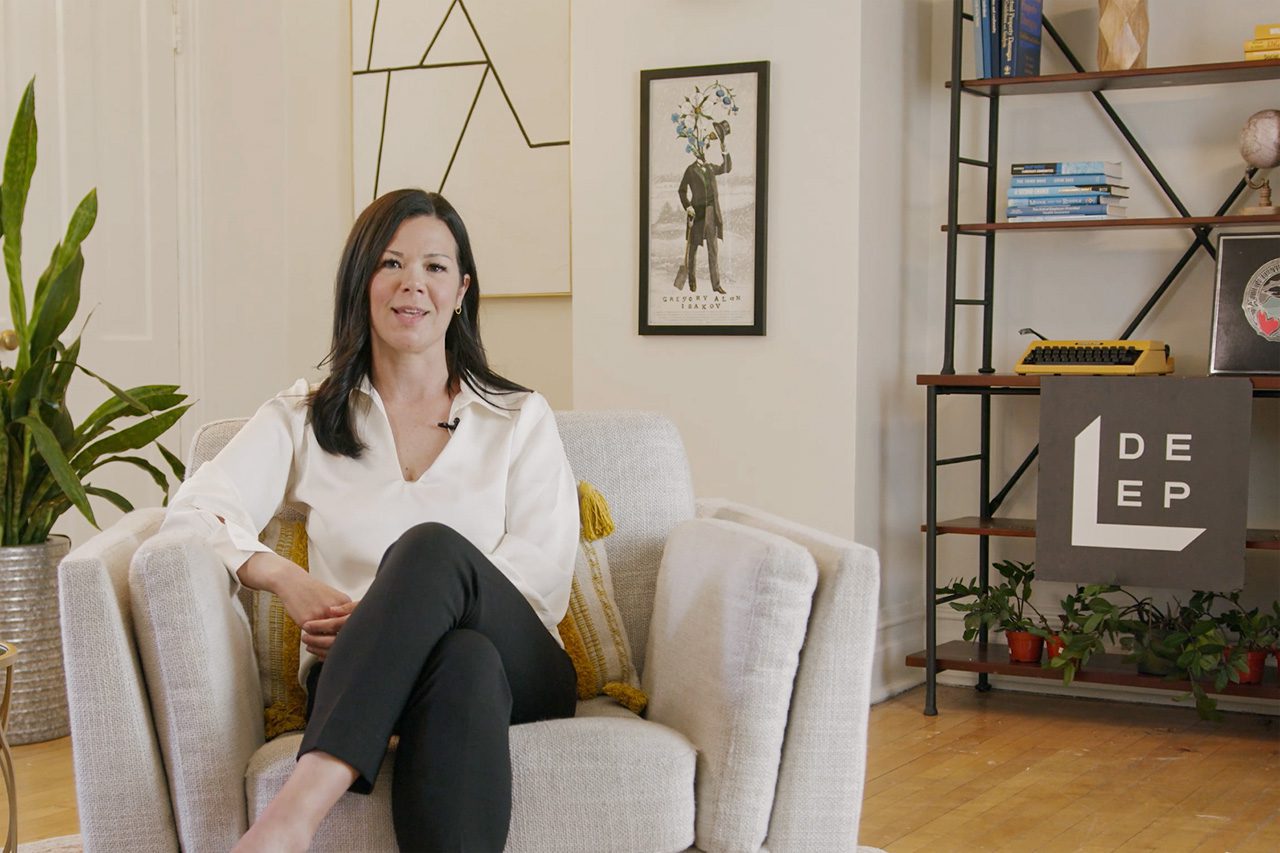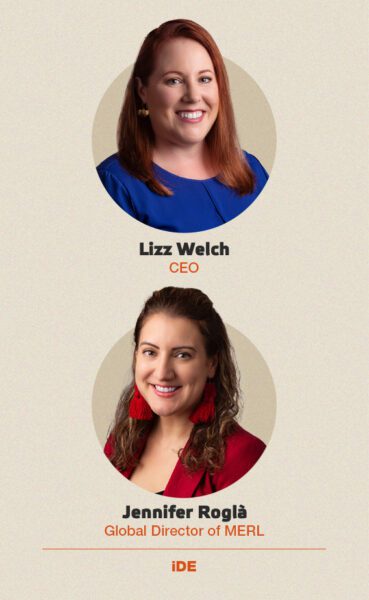Art is Everything
The economic and social impact of creative ventures
A conversation with entrepreneur Raquel Wilson

Courtesy of Sorenson Impact Center
Raquel Wilson is a woman and minority founder, former CEO, and current small business consultant who has dedicated her career to helping underserved entrepreneurs grow their businesses. As a Mexican American who grew up in a low socioeconomic environment, Raquel faced systemic barriers and unique challenges, but with the support of her parents, pursued higher education and earned her master’s degree in clinical social work from Michigan State University. After working in various social work settings, she decided to open her own counseling practice in 2009. In 2015, she transitioned away from social work and launched Peachtree Versatile Assistants (PVA), a virtual assistant staffing company that provides administrative and operations support to business owners.
During her seven years as the CEO of PVA, she identified a commonality in her work with founders: a lack of systems within their business. Since selling PVA in March of 2022, Raquel has made it her mission to spread awareness about the importance of building systems in a business to achieve balanced success.
With her social work and entrepreneurial experience rooted in a desire to help others overcome challenges, Raquel teaches the Scaling through Systems course in the Sorenson Impact Center’s Project DEEP Program. In the course, she covers strategies for building systems within your business, from key components that go into creating and scaling a system to how to overcome mental barriers. Here, Raquel shares insights for women and BIPOC founders into the importance of using systems to accelerate the growth of businesses, both at the individual business level and in terms of cultivating a more supportive entrepreneurial ecosystem.
Project DEEP centers on the need to change our systems and power structures in order to remove barriers for women and people of color to be successful entrepreneurs. How does your work further this goal?
I’m an operations person, so my expertise and passion lie in helping business owners identify the need for systems — processes, tools, and teams — and then helping them develop and implement these systems so they can achieve their goals.
Data shows that businesses owned by women and people of color represent the fastest-growing sector of business in the United States.
Sound, smart, and scalable systems are the cornerstones of any business. Without them, businesses are forever teetering on an unstable foundation and, as a result, problems and stressors compound over time making it difficult to run, scale, or sell. The work I do with entrepreneurs and owners in developing and implementing systems isn’t glamorous — in fact, it’s often mundane and tedious. But it’s critical to a business’s survival and long-term success.
Data shows that businesses owned by women and people of color represent the fastest-growing sector of business in the United States and I’m thrilled to be in the trench with these entrepreneurs, helping them build and grow in a meaningful and sustainable way.

Courtesy of Sorenson Impact Center
What are you hoping this course will offer? What do you hope someone will take away from it?
Exploring the need for systems in one’s business requires reflection and vulnerability. My favorite moments with Project DEEP came from the interviews with three small business owners. It was validating to see that, although the three businesses and owners were vastly different, there was a thread of commonality in each of their stories: the need for, and benefit of, having the right systems.
Talking about systems can feel intimidating, boring, and, when specifically talking about problems that result from a lack of systems, embarrassing. In reality, systems are approachable and attainable. I hope business owners walk away from this course feeling that in a tangible way and with the practical knowledge required to assess the need for, build and then implement strong systems in their business.
Additionally, I hope that the experiences I share about starting, growing, and eventually selling my business, along with the experiences shared in the live interviews, elicit feelings of camaraderie that help the viewer feel less alone.
Why should business owners develop systems?
There are endless benefits to developing and implementing the right systems for a business. My Project DEEP course highlights a few. Systems help business owners build valuable assets that can assist them in reaching goals like achieving the revenue to live the lifestyle they want or attracting their ideal customer/buyer/investor, etc. Systems are also key to lowering operating costs, which is especially important in today’s economic climate. For business owners who are keen on scaling and/or eventually selling their business, having the right systems in place will help them get there faster. Regardless of a business owner’s goals, systems help reduce and, in some cases, eliminate stress. As a seasoned entrepreneur myself, I can attest to the value in just that alone.
I would like to see a renewed emphasis on educating owners in the startup phase about the importance of developing and implementing systems at the ground level.
Small business owners may be overwhelmed by the requirements for implementing systems into their businesses. How can they overcome these challenges and concerns? What advice would you give?
Any business owner who is feeling stressed or overwhelmed by the idea of implementing systems in their business is probably already feeling stressed and overwhelmed by the problems their business is facing due to a lack of systems. In my course, we dive into practical strategies around how to identify, categorize, and prioritize specific problems so business owners can maximize their time and effort by using strategies and resources such as documentation, technology, and people to build systems.
It’s common to fall victim to general inertia or psychological traps such as a scarcity mindset. I’ve been there. My advice to business owners: Make the conscious decision to take action. Carve out time on the weekend to tackle one pain point at a time. Schedule the team meeting. Consult with an operations specialist or get on the phone with your mentor. You don’t have to do it alone.
In terms of solutions, what is the top change you would like to see to better support underestimated entrepreneurs in the ecosystem? What one thing would make the biggest difference?
There is a lot of data out there highlighting barriers that underestimated business owners (especially people of color) face, which limits their access to capital and, subsequently, growth. I would like to see a renewed emphasis on educating owners in the startup phase about the importance of developing and implementing systems at the ground level. Without them, the financial health of a startup is likely to suffer and the pathway to scaling or securing an investor or loan becomes less clear. Free resources and initiatives like Project DEEP are a great start to rectifying this!
Related Content
Comments
Deep Dives
RECENT
Editor's Picks
Webinars

Featuring
Lizz Welch & Jennifer Roglà
iDE
May 16 - 12:00 PM EST

Impact Encounters
May 22 - 6:30 PM EST
News & Events
Subscribe to our newsletter to receive updates about new Magazine content and upcoming webinars, deep dives, and events.
Become a Premium Member to access the full library of webinars and deep dives, exclusive membership portal, member directory, message board, and curated live chats.
0 Comments